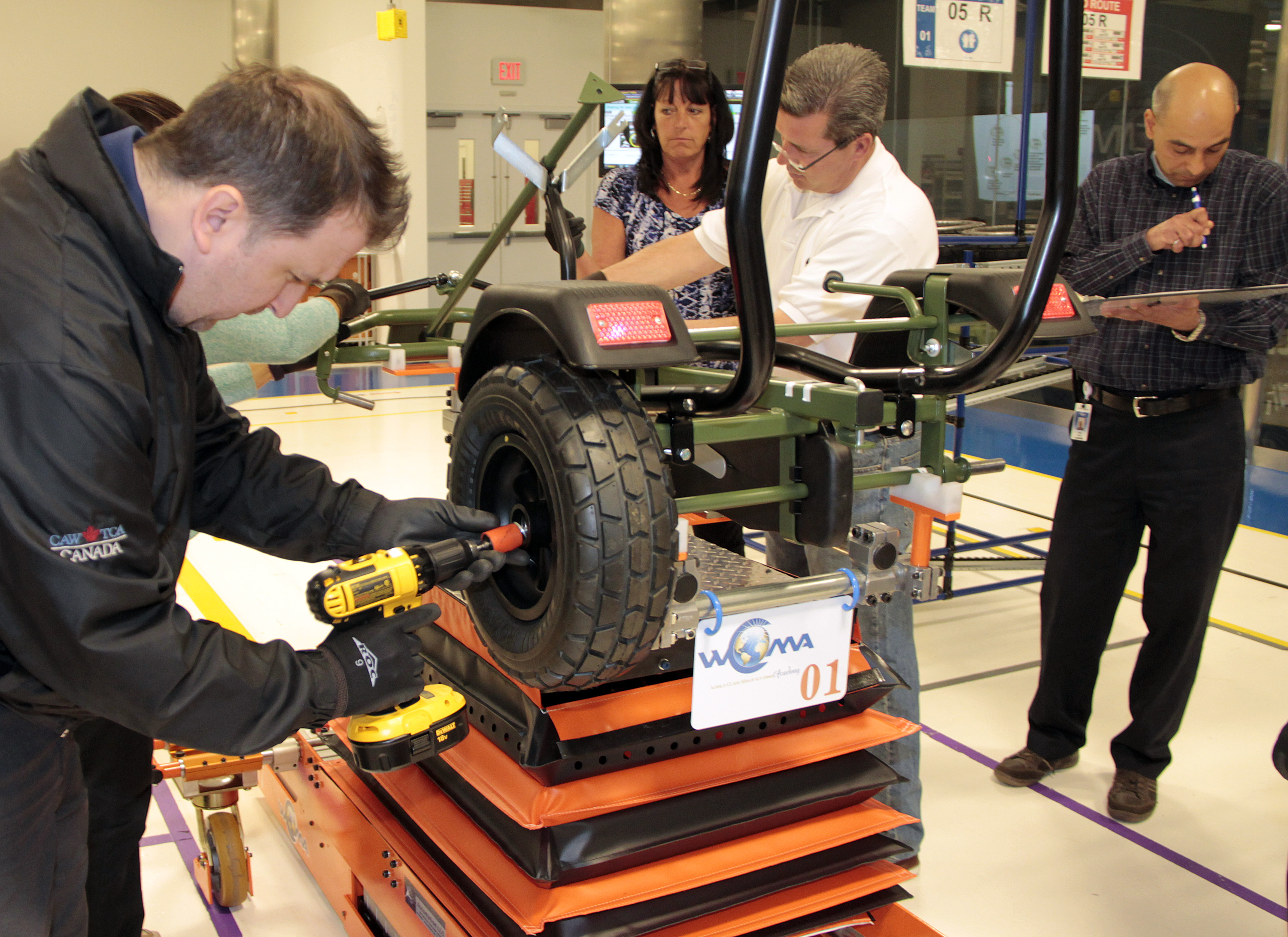We know from years of experience that when the topic of discussion turns to manufacturing strategies, eyes will glaze over rapidly and in high volume.
Which is a shame, really. Because building complex machines such as cars and trucks, which contain hundreds of parts, in large volumes with high quality is an art form. But you don’t have to be a gifted artist, just consistent to excel at auto manufacturing.
At Chrysler Group and Fiat, the system that guides our operations is named World Class Manufacturing, commonly referred to as WCM. Most discussions of WCM move quickly to an imposing roster of terms and acronyms — pillars, WPI, WO, SA, CD, FI — and this is where minds begin to wander.
After some time spent with the passionate leaders of WCM, such as Marcel Breault, head of World Class Manufacturing, and at the newly expanded WCM Academy in suburban Detroit, we can boil the power of WCM down to two words — People and Zero.
- Zero is the goal for virtually everything in WCM. Zero waste. Zero errors. Zero injuries. Zero defects. Easy to say, but a challenge that never ends.
- People are the key for every method and accomplishment in WCM. The commitment to WCM starts at the highest levels of the company.
“WCM drives us to engage people,” Breault said during a media event to showcase the expansion at the WCM Academy.
Fiat brought WCM to Chrysler Group when it took management control in 2009 as the company worked through bankruptcy. CEO Sergio Marchionne made the application of WCM a non-negotiable part of his management plan and bolstered his strategy by declaring that “waste is unethical.”

The WCM Academy has been open just two years and more than 9,000 employees have attended training there. Another 1,800 are on a waiting list, which helps explain the 15,000-square-foot addition that now gives the Academy 40,000 square feet of training space. Most of that is devoted to hands-on stations, including a moving assembly line and engine-building line. The number of classes offered has grown from four in 2012 to 45 today.
Plants preparing to launch a new product send workers to the Academy to help design and refine the assembly line and its tools, a process known as Workplace Integration or WPI. Trainers even introduce faulty parts into the training assembly line. Why? Because it’s critical for workers to know how to react to a problem in a predictable manner, Academy trainers say.
Not all workers can get to the Academy in Michigan. So now there’s a satellite operation in Mexico, as well as a mobile unit that helps train workers at manufacturing plants.
How does the Academy staff know what to teach? WCM Academy Lead Scott Tolmine says the agenda is driven by the people in the plants and their need to fix each location’s top losses.
WCM mandates each operation to seek out its top losses and aggressively attack the problem. WCM won’t let operators and trainers move on until the current problem has been solved and maintained at zero for at least 90 days. Regular audits help ensure that the resolved issue does not return.
Each assembly operation in Chrysler Group is audited twice yearly in an effort to earn higher status within WCM. Plants can earn Bronze, Silver, Gold and World Class status. Currently, four Chrysler plants hold bronze status and one holds Silver status.
Long-time Chrysler Group workers experienced a succession of manufacturing programs, but WCM is not “flavor of the month,” Breault says. Longevity and a common set of measurements are keys to the success of WCM, he adds.
Ultimately, WCM takes a complex process and turns it into an art form to put better cars and trucks in customers’ driveways.


